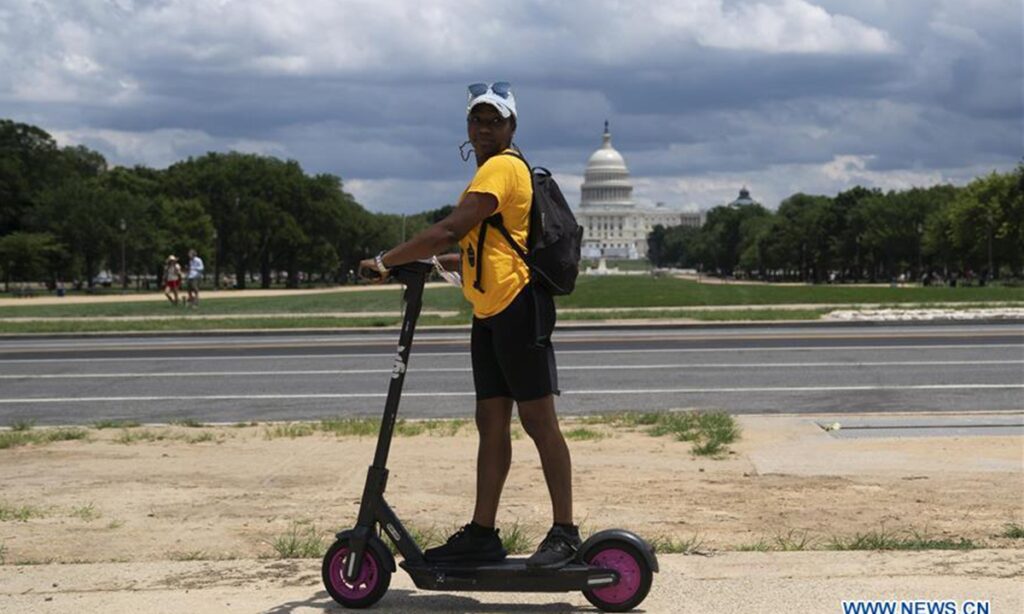The number of active business owners in the United States is down by 2.2 million, or 15 percent, from February 2020, but up 7 percent since the low in April, according to a recent analysis by the National Bureau of Economic Research (NBER).
A working paper published by the NBER said that small business owners of ethnic groups in the United States continue to be disproportionately impacted by COVID-19. In breakdown, African-American business owners are hardest hit by COVID-19 with a drop of 26 percent in business activity from pre-COVID-19 levels.
Asian business owners dropped by 21 percent and Latinx business owners down 19 percent. Immigrant business owners experienced substantial losses of 25 percent, according to the paper.
The NBER paper argued that the negative impacts of COVID-19 on minority- and immigrant-owned businesses, if prolonged, could be problematic for broader racial inequality because of the importance of minority businesses for local job creation, economic advancement, and longer-term wealth inequality.
Meanwhile, mood of pessimism pervades among small business owners. The latest Small Business Pulse Survey carried out by the US Census Bureau shows that 37.7 percent of small business owners felt large negative effect by the COVID-19 pandemic, and 45 percent of them felt moderate negative effect.
As lifeblood of the US economy, small businesses accounted for 44 percent of all economic activity and created two-thirds of net new jobs before the pandemic, according to the Small Business Administration (SBA).
In an effort to support small businesses during the COVID-19 pandemic, the US Congress in late March approved 349 billion dollars to the Paycheck Protection Program (PPP). The program, however, ran out of money within two weeks due to high demand. In late April, an additional 310 billion dollars went to the PPP as part of the relief package passed by the Congress.
The program is intended to help small businesses retain their employees during the pandemic, offers support for businesses with fewer than 500 employees and allows companies to have their loans forgiven if they spend the money on payroll, rent, mortgage interest and utilities.
However, as small businesses scramble to apply for loans under the PPP, a few not-so-small companies secured millions of dollars of aid, sparking public outrage and raising questions about the relief package.
The picture looks grim as well for the Economic Injury Disaster Loan Advance (EIDL) program, another measure offering grants of up to 10,000 dollars to entrepreneurs. It has ended after reaching the 20 billion dollars funding limit allowed by Congress, the SBA announced Saturday.
A woman rides a scooter on the National Mall in Washington, D.C., the United States, July 11, 2020. The number of COVID-19 cases in the United States reached 3,225,721 as of 3:34 p.m. local time on Saturday, according to the Center for Systems Science and Engineering (CSSE) at Johns Hopkins University. (Xinhua/Liu Jie)


